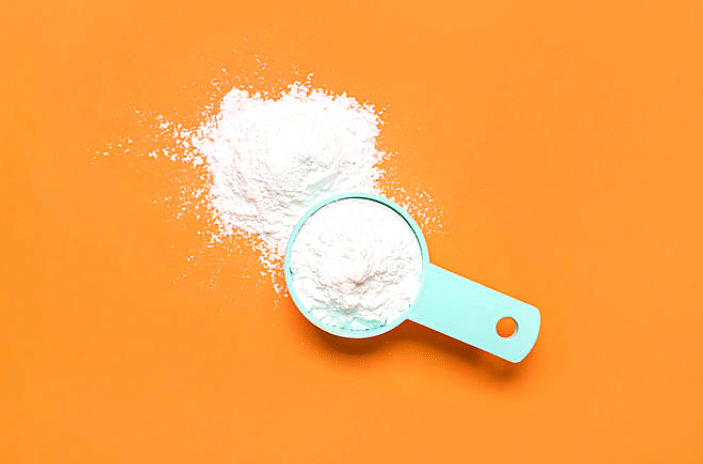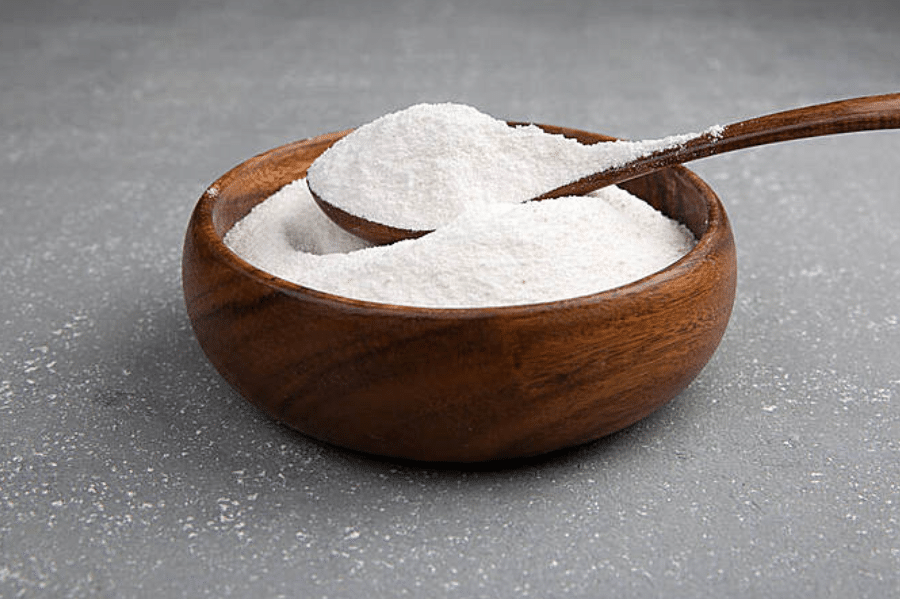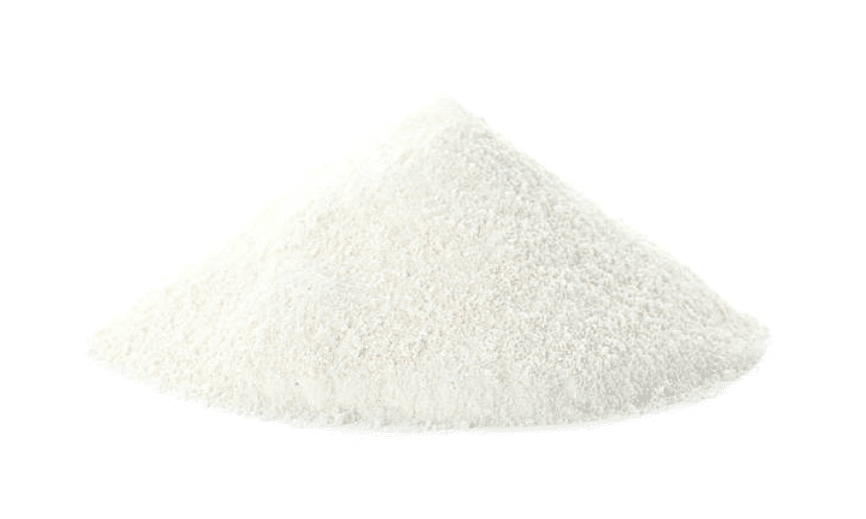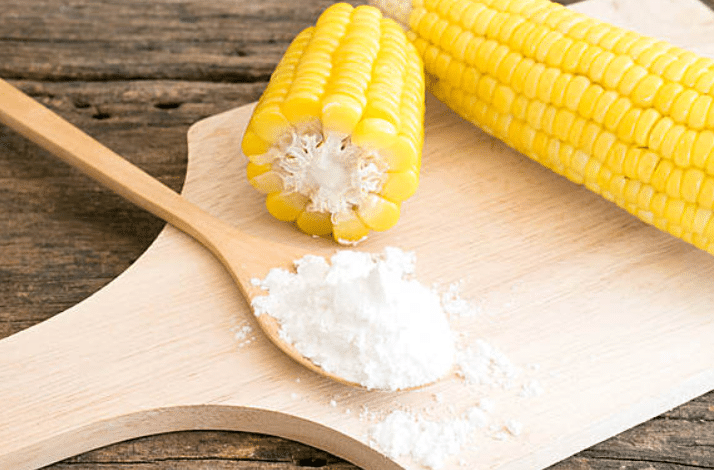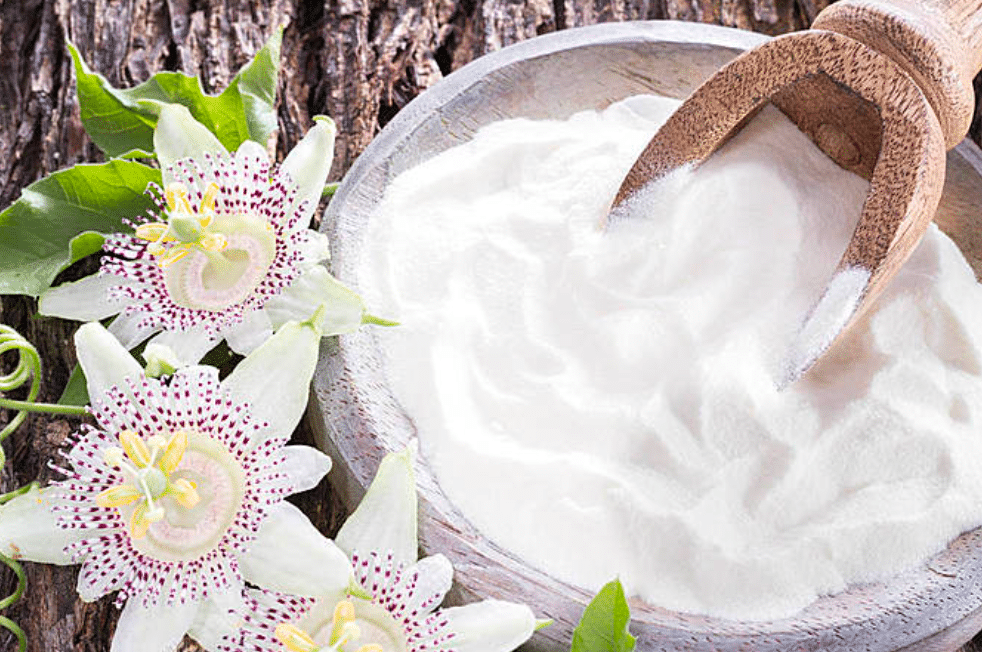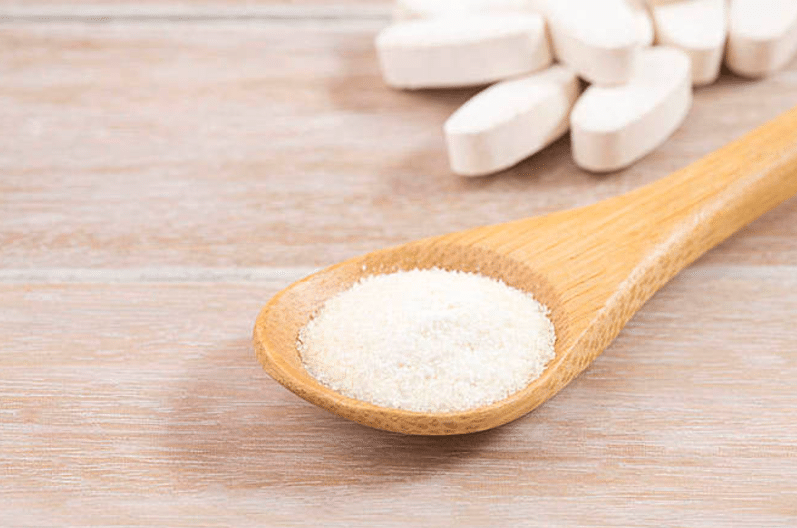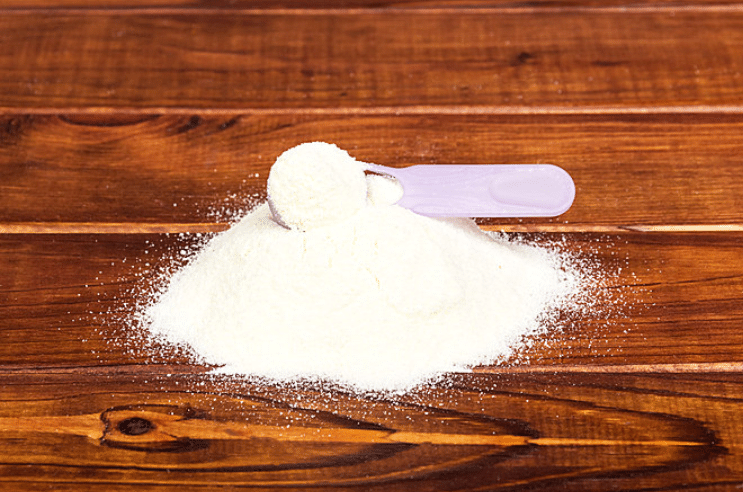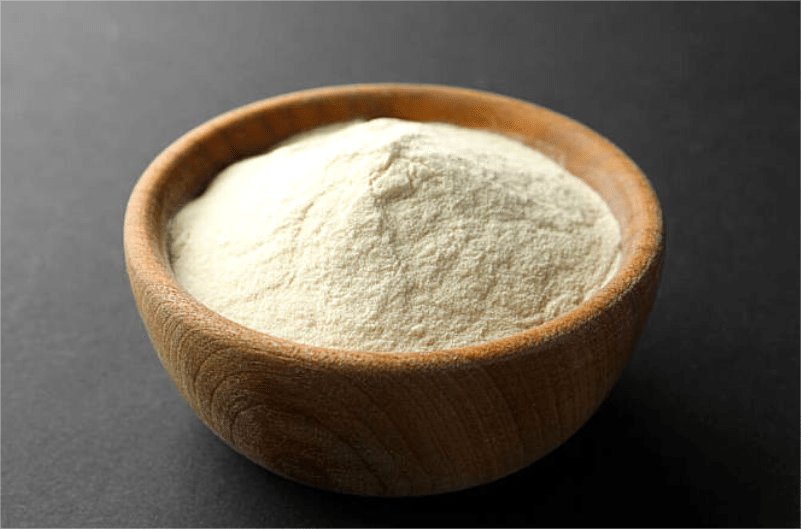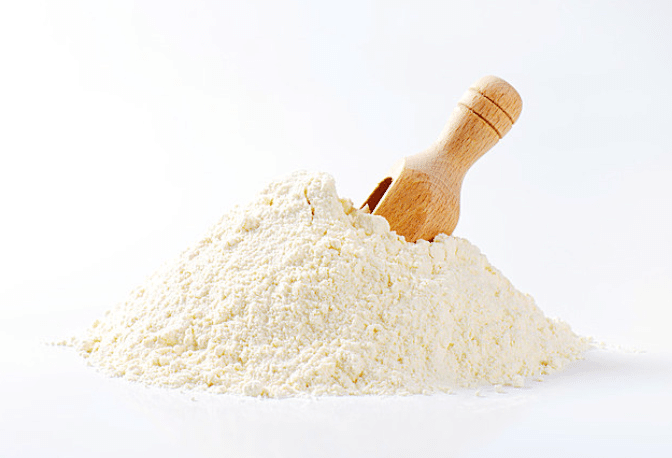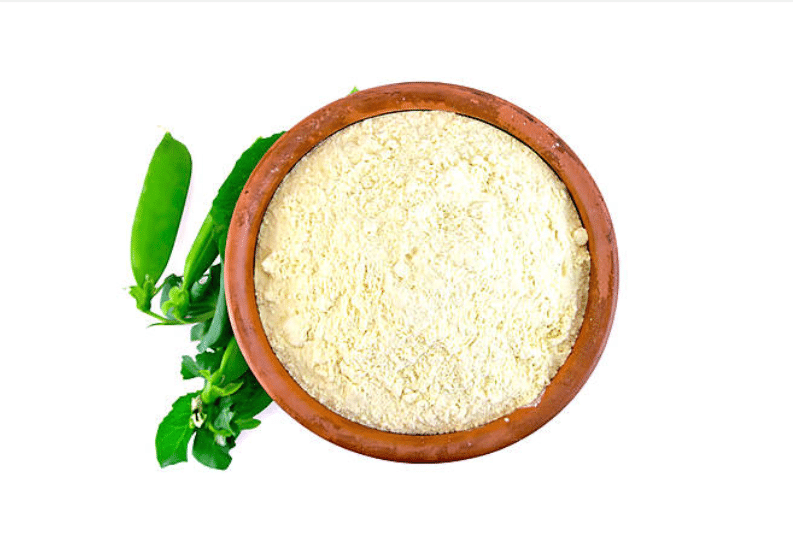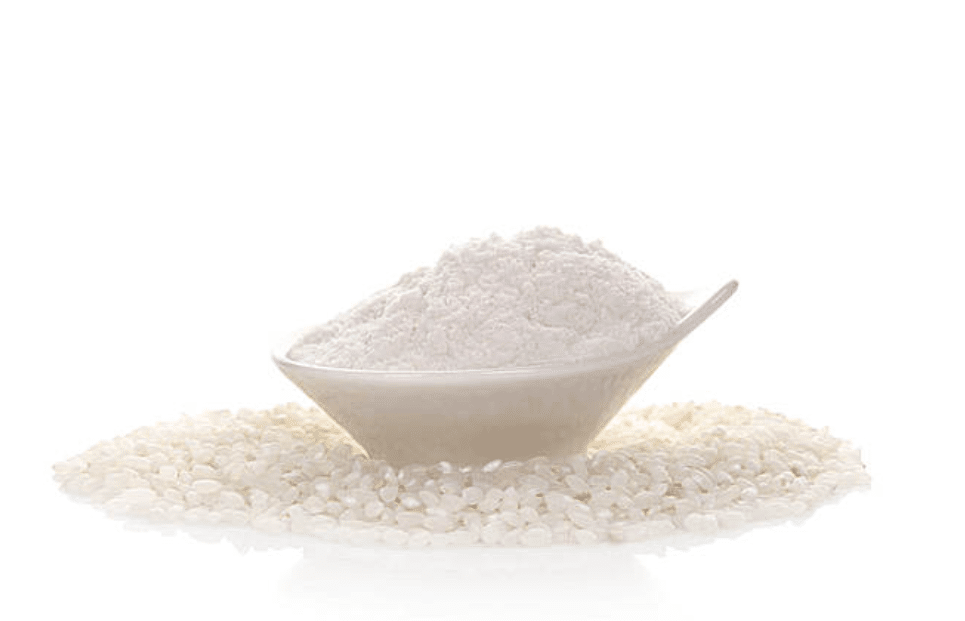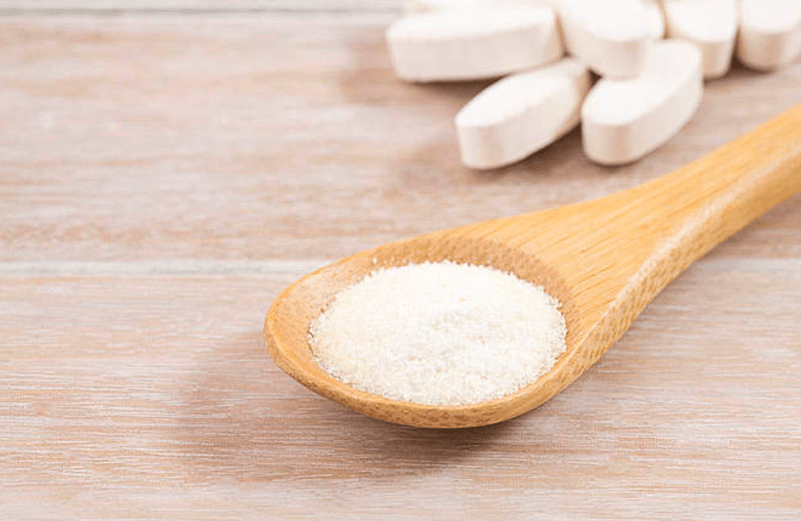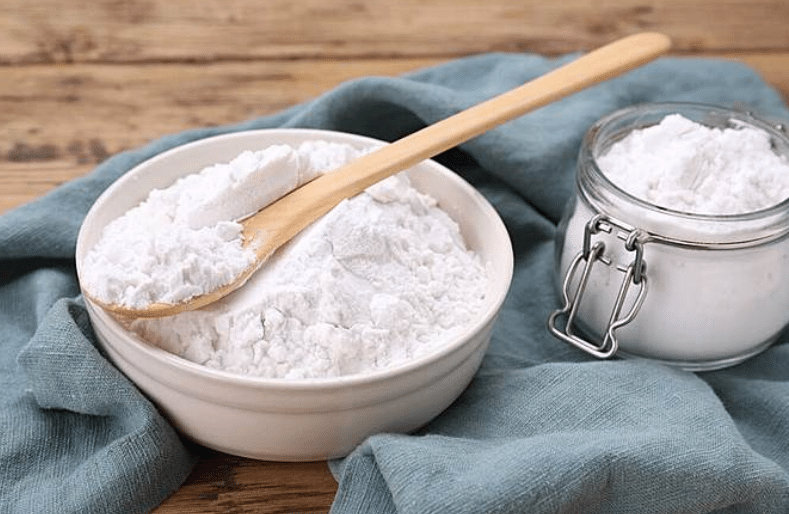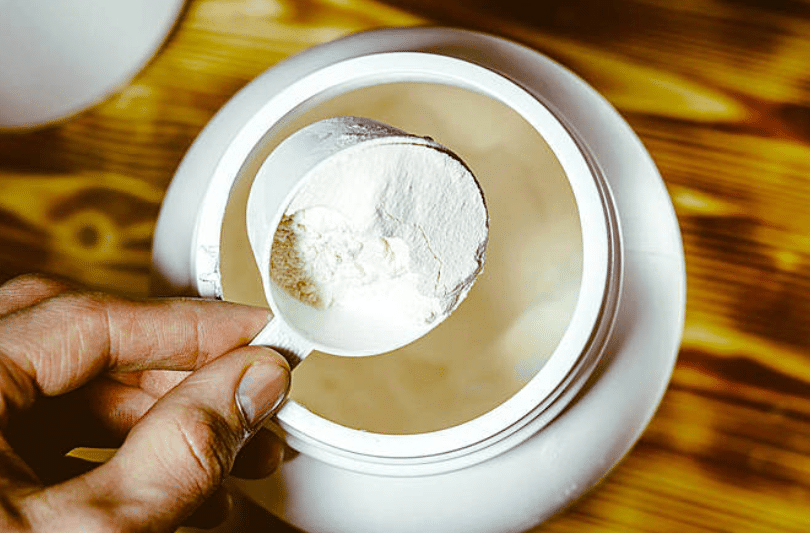sports nutrition manufacturer
Welcome to our comprehensive resource for sports nutrition manufacturing. As a dedicated sports nutrition company, Gensei specializes in providing end-to-end solutions for businesses looking to create or expand their line of high-performance sports nutrition supplements. We understand the critical role that quality and innovation play in this dynamic market, and we are committed to being your trusted partner.
Whether you are seeking a reliable sports nutrition ingredients supplier for your existing formulations or require a full-service sports nutrition contract manufacturing partner, Gensei has the expertise and capabilities to meet your needs. We offer a wide array of premium ingredients, including protein peptides, amino acids, vitamins, and herb-extracts, ensuring your products are formulated with the highest quality components.
Our sports nutrition supplement manufacturer services encompass everything from custom formulation and blending to packaging and labeling. We cater to both large and small-scale production needs, offering flexible solutions for bulk sports nutrition requirements. For businesses looking for cost-effective options, we also provide sports nutrition wholesale and sports nutrition supplements wholesale opportunities.
At Gensei, we pride ourselves on our stringent quality control standards and our commitment to helping our clients bring innovative and effective sports nutrition products to market. Partner with us for reliable sports nutrition contract manufacturing and experience the difference that quality and expertise can make. Contact us today to discuss your specific needs and discover how Gensei can help you succeed in the competitive sports nutrition industry.
Why Choose Gensei as Your Sports Nutrition Manufacturer?
High-Quality Ingredients
Expertise in Custom Formulation
Diverse sports nutrition Manufacturing Capabilities
Stringent Quality Assurance and Compliance
Flexible Production and Scalability
Reliable and Timely Delivery
Dedicated Support and Partnership
FAQ
Sports Nutrition Is A Specialized Field Of Nutrition That Focuses On The Dietary Needs Of Athletes And Active Individuals. It Involves 1 Understanding How Nutrients Like Carbohydrates, Proteins, Fats, Vitamins, And Minerals Fuel The Body For Exercise, Support Muscle Growth And Repair, Optimize Recovery, And Contribute To Overall Health And Well-Being. Sports Nutrition Also Considers The Timing Of Nutrient Intake, Hydration Strategies, And The Use Of Supplements To Enhance Performance.
What Is Sports Nutrition? This Concept Emphasizes The Importance Of Individualizing Carbohydrate Intake During Exercise Based On Factors Such As The Type, Intensity, And Duration Of The Activity, As Well As An Athlete's Individual Metabolism And Training Status. Personalized Approaches Might Involve Adjusting Carbohydrate Intake Based On Real-Time Feedback, Using Strategies Like Carbohydrate Loading Or Periodization, And Considering Individual Tolerance And Gut Comfort.
Getting Into Sports Nutrition Typically Involves A Combination Of Education, Experience, And Potentially Certification. Common Pathways Include:
- Becoming A Registered Dietitian (Rd) Or Registered Dietitian Nutritionist (Rdn) With A Specialization In Sports Nutrition. This Usually Requires A Bachelor's Or Master's Degree In Nutrition, Supervised Practice, And Passing A National Exam.
- Becoming A Certified Specialist In Sports Dietetics (Cssd), A Board-Certified Specialty Credential For Rds/Rdns Who Have Met Specific Education And Experience Requirements In Sports Nutrition.
- Obtaining A Bachelor's Or Master's Degree In Exercise Science, Kinesiology, Or A Related Field With A Focus On Sports Nutrition.
- Pursuing Certifications From Reputable Organizations That Focus On Sports Nutrition.
- Gaining Practical Experience Through Internships, Volunteer Work, Or Entry-Level Positions In Sports Teams, Training Facilities, Or Wellness Centers.
Sports Nutrition Can Be Defined As The Science And Application Of Evidence-Based Nutrition And Physiology Principles To Support And Enhance Athletic Training, Performance, And Recovery. It Involves Understanding The Energy And Nutrient Demands Of Different Types Of Physical Activity, As Well As The Role Of Nutrition In Injury Prevention, Immune Function, And Overall Health In Physically Active Individuals.
The "Best" Certification Often Depends On Your Career Goals And Existing Qualifications. However, The Certified Specialist In Sports Dietetics (Cssd) Is Widely Considered A Gold Standard For Registered Dietitians/Nutritionists Specializing In Sports. Other Reputable Certifications Include Those Offered By Organizations Like The International Society Of Sports Nutrition (Issn) (E.G., Certified Sports Nutritionist - Csn) And The National Strength And Conditioning Association (Nsca) (E.G., Certified Strength And Conditioning Specialist - Cscs With A Strong Nutrition Component). Research The Specific Requirements And Recognition Of Different Certifications To Find The Best Fit For You.
- Providing Energy: Carbohydrates And Fats Are The Primary Fuels For Exercise.
- Building And Repairing Tissues: Protein Is Essential For Muscle Growth And Repair.
- Supporting Metabolic Processes: Vitamins And Minerals Are Crucial For Energy Production, Immune Function, And Overall Health.
- Maintaining Hydration: Water And Electrolytes Are Vital For Regulating Body Temperature, Transporting Nutrients, And Supporting Performance.
- Optimizing Recovery: Proper Nutrient Intake After Exercise Helps Replenish Energy Stores And Repair Muscle Damage.
- Enhancing Performance: Strategic Nutrition Strategies Can Improve Strength, Power, Endurance, And Overall Athletic Ability.
- Preventing Injury And Illness: Adequate Nutrition Supports A Strong Immune System And Can Help Reduce The Risk Of Injuries.
Sports Nutrition Is Important Because It Directly Impacts An Athlete's Ability To Train Effectively, Perform At Their Best, And Recover Efficiently. Without Proper Nutrition, Athletes May Experience Fatigue, Decreased Strength And Endurance, Slower Recovery Times, Increased Risk Of Injury And Illness, And Suboptimal Performance. Tailoring Nutrient Intake To The Demands Of Their Sport And Training Can Lead To Significant Improvements In Athletic Outcomes And Overall Well-Being.
- Develop A Business Plan: Outline Your Services, Target Market, Pricing Strategy, Marketing Plan, And Financial Projections.
- Identify Your Niche: Determine The Specific Area Of Sports Nutrition You Want To Focus On (E.G., Endurance Sports, Strength Training, Youth Athletes).
- Obtain Necessary Qualifications And Certifications: Ensure You Have The Appropriate Education, Credentials, And Certifications To Provide Credible And Safe Advice.
- Establish Your Brand: Create A Professional Brand Identity, Including A Name, Logo, And Website.
- Market Your Services: Reach Your Target Audience Through Online Marketing, Networking, Collaborations, And Content Creation.
- Build Relationships: Establish Connections With Athletes, Coaches, Teams, And Fitness Facilities.
- Stay Updated: Continuously Learn About The Latest Research And Trends In Sports Nutrition.
While Different Sources Might Categorize Them Slightly Differently, Three Fundamental Principles Of Sports Nutrition Are Often Highlighted:
- Fueling: Providing The Body With Adequate Energy (Primarily From Carbohydrates And Fats) To Support Training And Performance Demands. This Includes Proper Timing Of Nutrient Intake Before, During, And After Exercise.
- Recovery: Replenishing Energy Stores (Glycogen) And Repairing Muscle Tissue (With Protein) After Exercise To Facilitate Adaptation And Prepare For Subsequent Training Sessions.
- Hydration: Maintaining Optimal Fluid Balance Through Adequate Intake Of Water And Electrolytes To Support Physiological Functions And Prevent Dehydration, Which Can Significantly Impair Performance.



